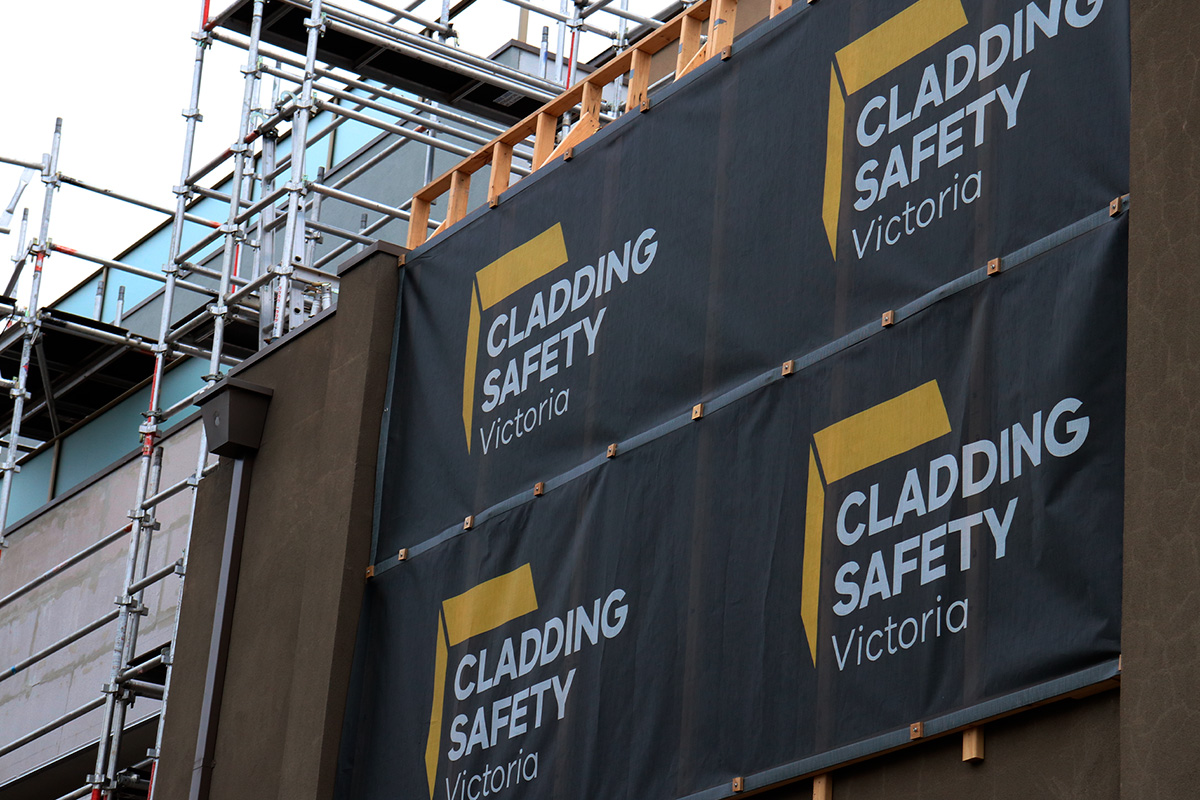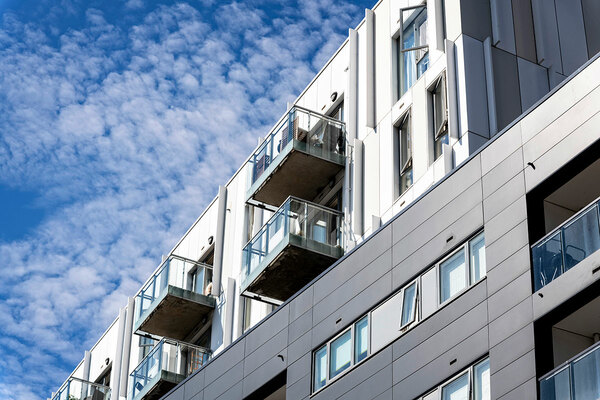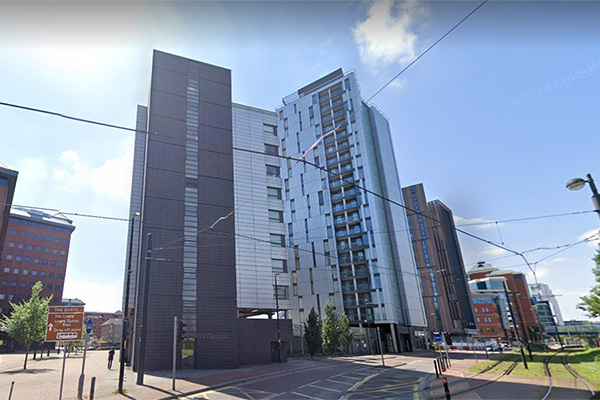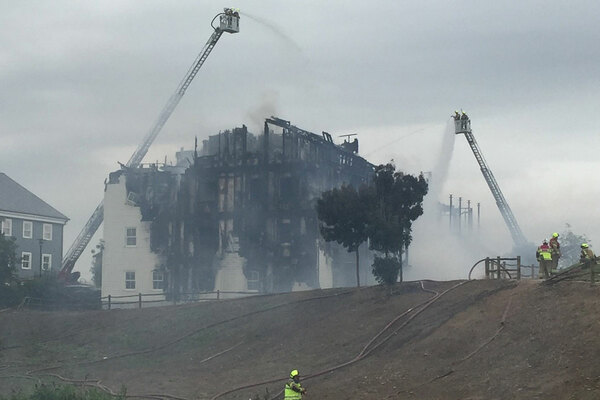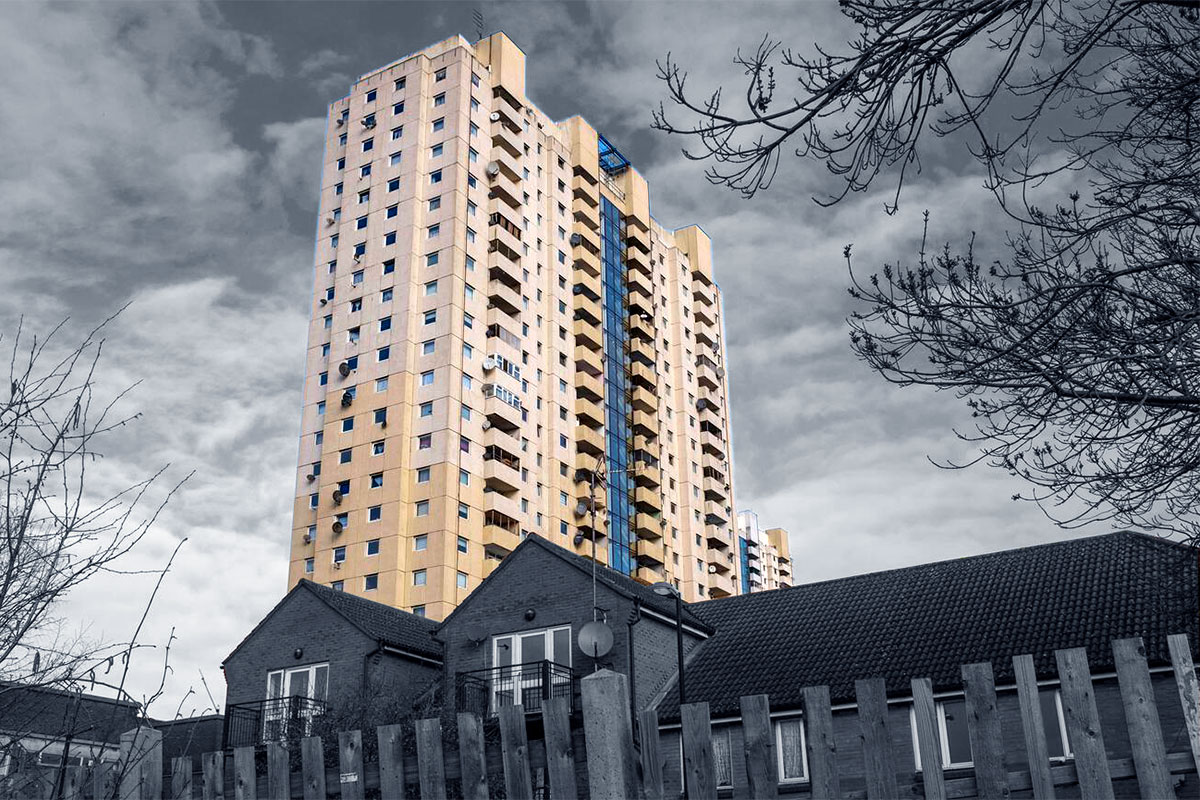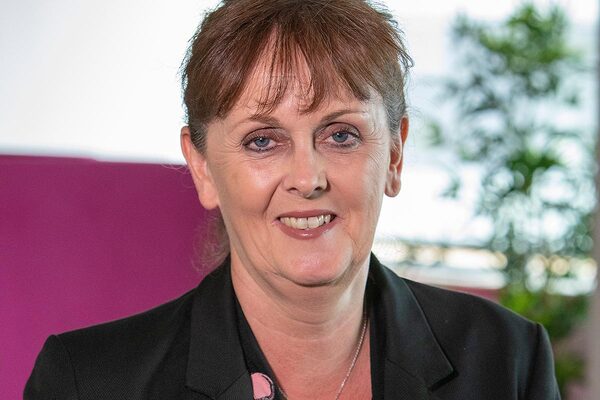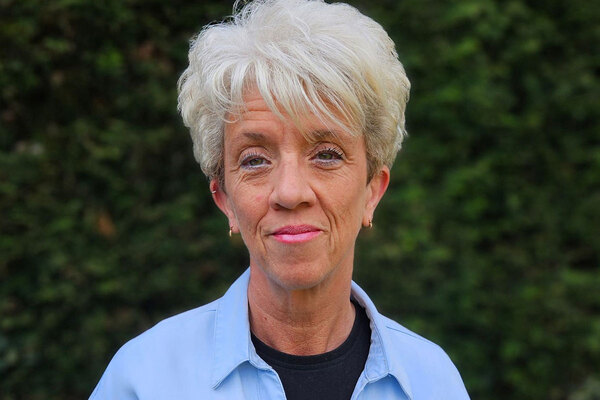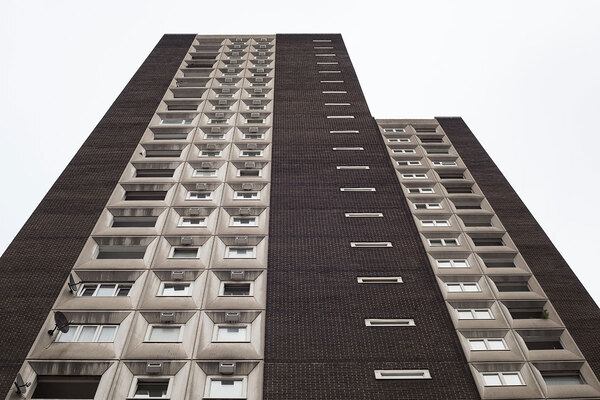Former Bank of England economist outlines proposal to fix cladding crisis without billing leaseholders
Campaigners have designed a proposal to fund post-Grenfell cladding remediation through a system of levies and taxes following the provision of upfront funding for remediation work.
Dean Buckner, a former Bank of England economist, outlined the proposal which has been developed for the Leasehold Knowledge Partnership (LKP) charity at a meeting of MPs yesterday afternoon.
It follows the proposal of a senior government advisor that 30-year private loans should be made to buildings, with the repayment costs handed down to leaseholders.
The country is grappling with a post-Grenfell building safety crisis which has uncovered requirements for vastly expensive remediation work to thousands of tall and medium rise buildings.
Mr Buckner said the government should create a special purpose vehicle with a loan from the Treasury to pay for this work up front.
The vehicle would then be given the statutory powers to raise funds through levies to repay this loan.
The LKP proposal is that this could comprise:
- A 1% new build levy on developers for 10 years, which would raise £425m a year, totalling £4.25bn
- An increased foreign buyer tax of 5%, bringing the UK in line with other jurisdictions, bringing in £3.75bn over 10 years
- A 10% levy on ground rents paid to freeholders over 50 years which would raise £1.5bn
The government would then be asked to match the developer’s contribution with £4.25bn – creating a total remediation pot of £13.75bn. Mr Buckner said this was a recognition of the fact that there had been “years of regulatory failure” which have contributed to the crisis.
He said failing to introduce measures such as this would leave leaseholders on the hook for bills they could never pay.
“A consumer has more rights when buying a sandwich than when buying a leasehold flat. That is contract law, but there is nothing in law preventing the government from providing a tax or a levy,” he told the meeting of the All-Party Parliamentary Group on Leasehold and Commonhold Reform.
Earlier, insurance guru and senior government advisor Michael Wade had outlined his plan – reported by Inside Housing yesterday – to offer loans to building owners which would then be passed down to leaseholders.
“When I say the leaseholder has to pay, that is the law, and that’s not what you want to hear but it is where you have to start,” he said.
“If you just say, ‘this is absolutely wrong, we’re not paying anything’, I don’t see how we can work with that. If it is to be a loan scheme, it has to be at an incredibly low rate of interest over a very long period of time,” he added. “You have to convert unaffordable to affordable and then you go from there to fairness, and that’s another debate which I don’t really want to comment on.”
Mr Wade added that his advice to ministers was not government policy and that politicians could elect to seek contributions from the industry or public funds to help pay down the loans once issued.
He was followed by Ritu Saha, a founding member of the UK Cladding Action Group and an affected leaseholder, who said Mr Wade’s proposal would be a “slap in the face for people like me”.
“It is very, very easy to hide behind the leasehold laws of this country and force people like me to bail out the construction industry,” she said. “Leaseholders across the country are saying if the political will exists to put the blame where it lies, there is a solution to this crisis. Please show leadership and above all else bring an end to this misery.”
The End Our Cladding Scandal campaign, which Inside Housing supports, calls on the government to provide upfront funding from the work before recouping costs from those responsible.
Commenting on Mr Wade’s proposal yesterday, the Ministry of Housing, Communities and Local Government, said: “As we have previously said, we are considering a range of options to fund future remediation work and this work is ongoing – no decisions have been taken.
“We continue to work with a range of stakeholders, including leaseholders and the finance industry. We will set out further detail in due course.”
Sign up for our daily newsletter
Already have an account? Click here to manage your newsletters

